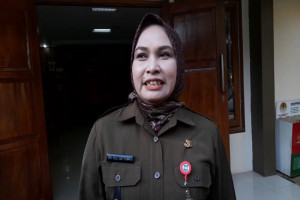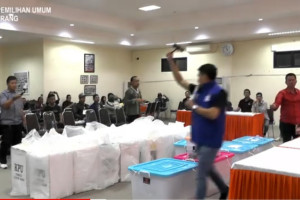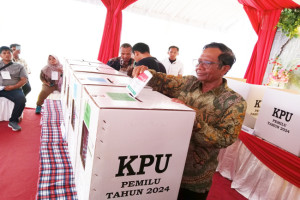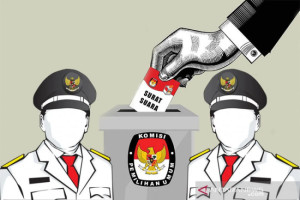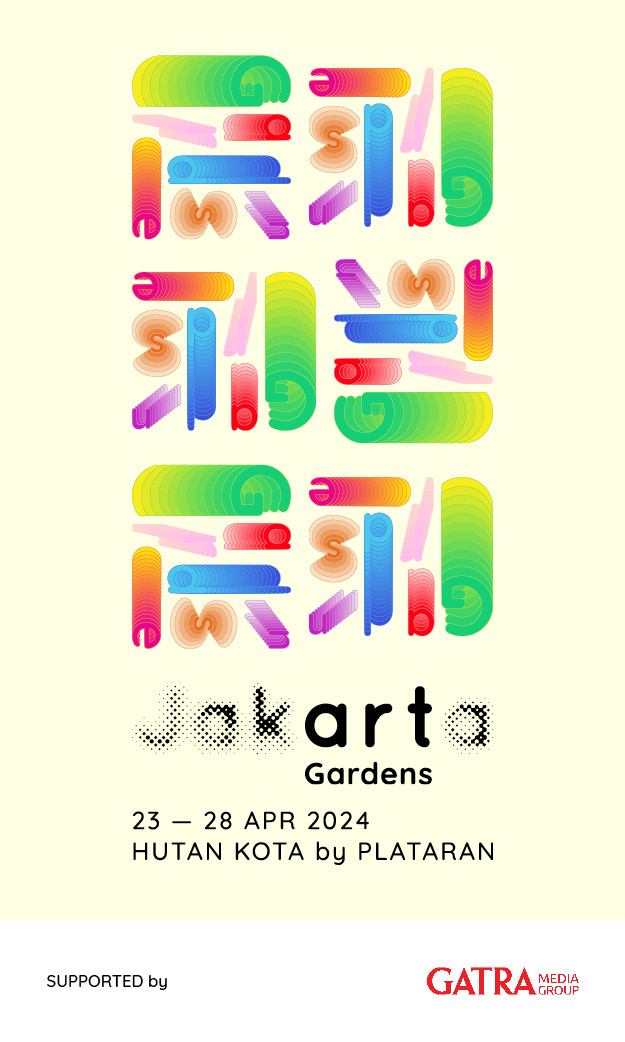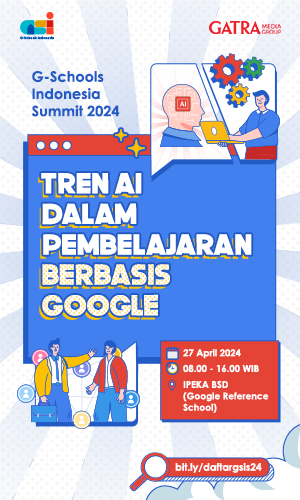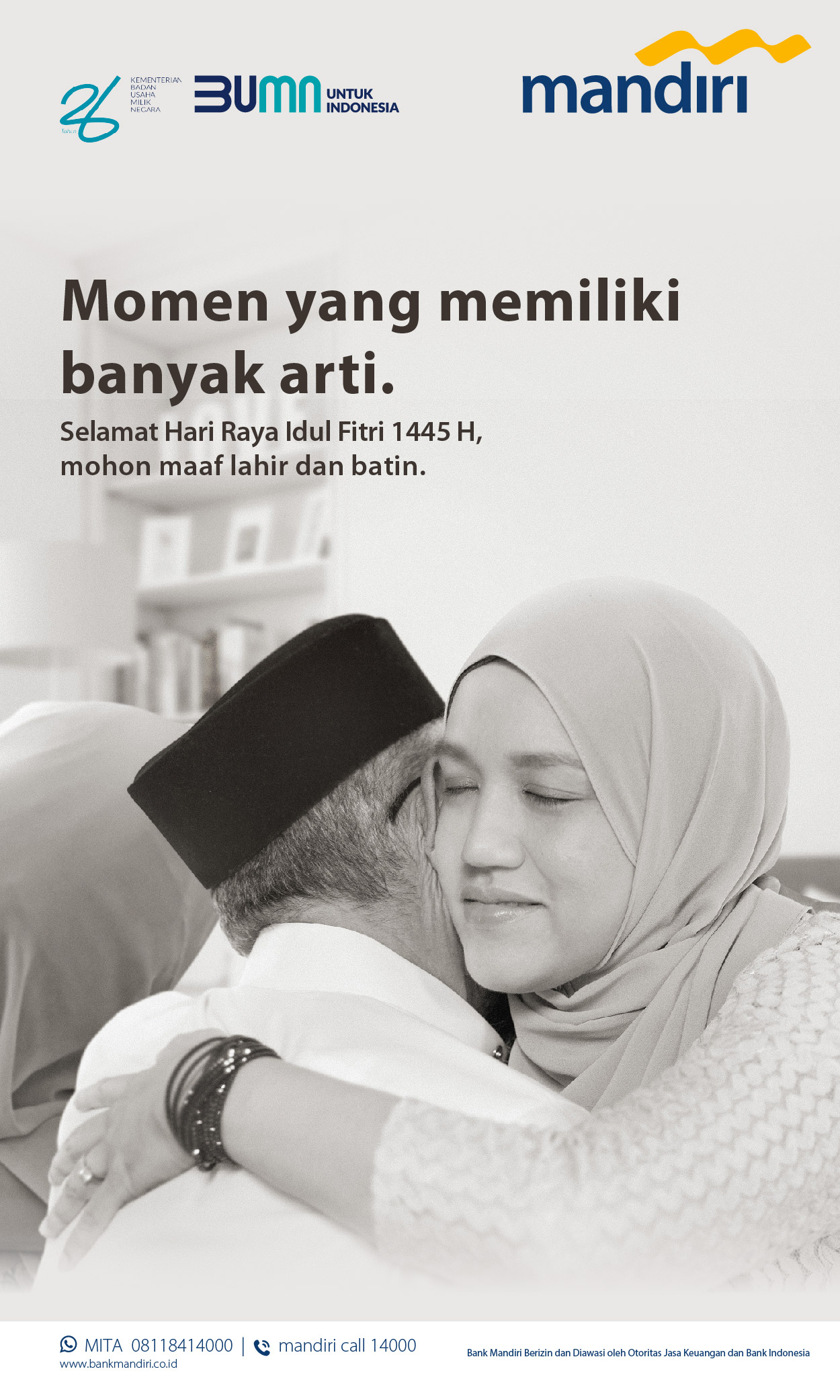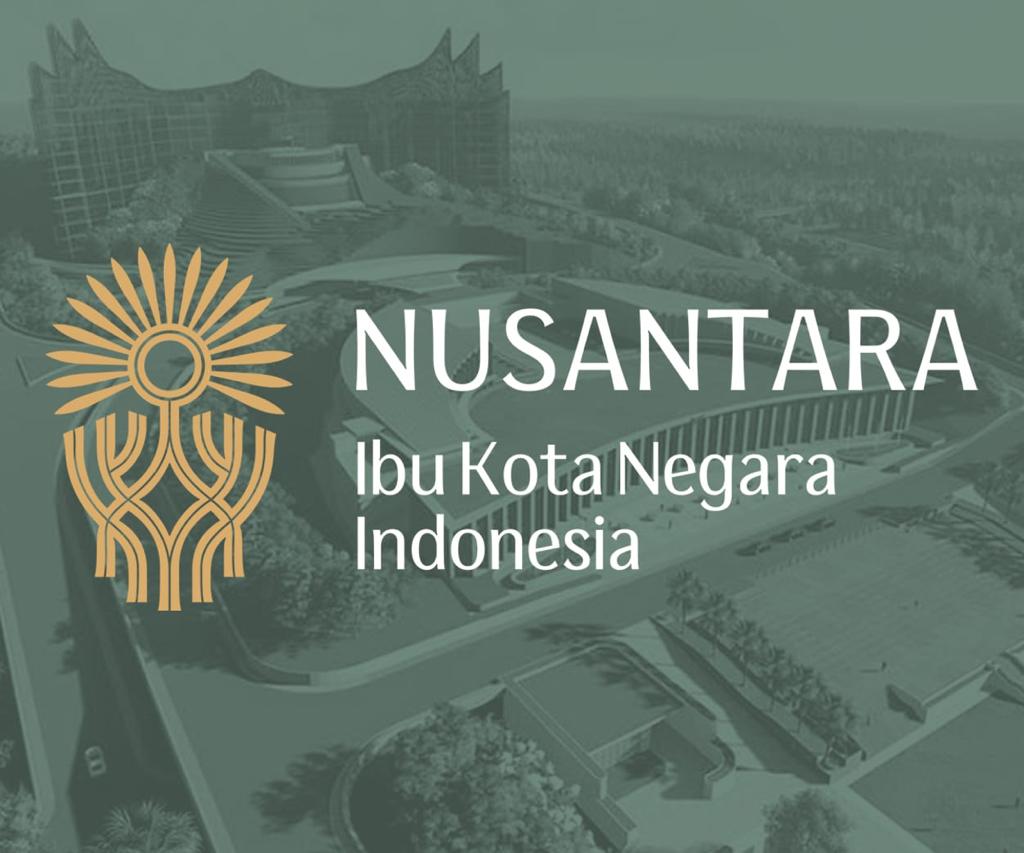
President Joko Widodo (Jokowi) has popularized a word, blusukan, which later has become his trademark. This word is based on a term in Javanese 'blusuk' meaning 'to enter'. The Indonesian Dictionary (KBBI) has registered this word, defining it as 'entering an area in order to know something'.
Jakarta, GATRAreview.com - Jokowi's habitual practice to enter the slums, or remote corners, has trademarked him a concept of 'developing from the periphery'. This concept is formulated further as “Indonesia-centric' approach, a contrast to 'Java-centric' one.
With such approach, Jokowi climbed down to the ground to see the people or to directly inspect an ongoing project. As an example, he came to West Nusa Tenggara on August 21, 2019 to hand over to local people 2,706 ground right certificates.
As usual, Jokowi talked and shared some jokes with local people. This time, a selected local man was asked to read the Pancasila. Three people were even lucky to have taken photographs with the president as well as been granted a bicycle each, also a part of Jokowi's unique approach called 'bicycle democracy'.
Jokowi's approach to build the country from its outmost areas has been dubbed as clever since poverty is most prevalent in those villages, especially in the eastern part of Indonesia. “Jokowi is aware how economic power has revolved around the western part, mostly in Java,” said Mudrajad Kuncoro, a professor in economy from Gadjah Mada University (UGM).
Consequentially, developmental focus is aimed at infrastructure development in eastern Indonesia. This area has contributed only 20% of national economy, and Jokowi's strategy has proved its excellence. It is evident when economic contribution by Maluku, Bali and Papua grow steadily. In fact, a slowdown is only shown by Borneo, who saw a decrease from 9% to 8%, due to its dependence on mining products which global prices is tumbling.
After its first five years, Jokowi's economic policy, nicknamed as 'Jokowinomics', has produced positive trends. There has been a moderate economic growth, of around 5%, although it is still below the achievement in Soeharto's era, in which economics had grown up to 6% during three of his presidential terms.
However, Jokowi's 5% growth has been able to lower poverty level below 10%. His strategy has been through strict inflation control around to stay within 3-4%. It's a considerably better than 9% inflation of his predecessor, President Susilo Bambang Yudhoyono (SBY). Inflation control has been known as an important monetary policy to prevent fragile families to descend into poverty.
Income inequality, mirrored by the Gini ratio, has also been reduced during Jokowi's presidency. The Gini is a thorough measurement of inequality, which score range between 0 (a perfect equality) to 1 (a complete inequality). During Jokowi's first month as a president in 2014, Indonesia's gini coefficient was at level 0.41. Now, it has reached level 0.38. The reduced level of Gini coefficient in turn tells that economic profits is now more equally distributed.
Jokowi also managed to solve the deficit in State Budget to the gross domestic product (GDP), falling from 3% during SBY's era, into 1.7%. Indonesia's current finance minister, Sri Mulyani, deserves a credit for this achievement.
Several Critical Notes
However, there are several side-notes on Jokowi's achievement. Despite a rather peripheral approach, Java's dominance has not been disputed, as 59% PDB during Jokowi era is produced within this island. This number is slightlly higher than that during SBY presidency, which is 57%. “Indonesia's economy still gravitates around Java, and only becoming more real after Jokowi persisntently built toll roads there,” said Mudrajad.
On the other hand, Jokowis failed to improve industrial growth which in SBY's era has contributed to 28-30% GDP. Industrial contribution during Jokowi's first terma has instead fell to 19%.
In 2018, the deficit in trade balance was considerably huge, reaching 7bn USD, compared to 2014's deficit which was only 2.2bn USD. However, trade deficits have happened several times in Indonesia, including in SBY's era. Data from Statistics Indonesia (BPS) shows that in fact trade deficits happened in 2012, 2013, 2014 and 2018. Recent increase in deficit was mostly caused by a spike in coal and imports. While, at the same time, Indonesia had the opportunity to push exports during China-US trade war, yet it was outpaced by Vietnam.
Another note is on the low tax ratio, since the highest tax ratio during Jokowi's first terma was only 11.6% in 2015, while it was 14% in 2012 or during SBY leadership. This tax ratio illustrates a ratio of tax revenue toward the GDP. A thorough tax policy is on demand to increase this kind of revenue.
Pragmatic Leadership
An close look to his Nawacita program, Jokowi's ideology has been to developing an economic power. Jokowi's nationlist spirit is suitable to his promoter, the Indonesian Democratic Party (PDIP). However, Jokowi's leadership style is closer to that of a pragmatic businessman.
“He focuses on solving problems rather than utilizing on the ideology,” said Yose Rizal Damuri, the head of economy in the Centre for Strategic and International Studies (CSIS), to Muhammad Affandi from GATRA Review.
Previous presidents, on Damuri's view, had also inclined towards pragmatism, although Jokowi is more agile than SBY, thanks to his implementation strategy. “SBY tended to double down on doing political calculations, while Jokowi prefers thinking in terms of popularity and political expenses,” he said.
It was apparent when Jokowi stopped fuel subsidies. During SBY's term, such decision is unimaginable upon submission to political pressure.
Jokowi's step to stop fuel subsidies could be considered non-populist. However, insisting on eliminating fuel budget, he also relocate the money to infrastructural development. In general, Jokowi has continued the trend originating in SBY era with its Masterplan on Economic Advancement (MP3EI).
“SBY built some centers of economic progress, connecting those dots with certain corridors. What Jokowi did was mainly advancing the development of that economic corridorss,” said Damuri.
In terms of fiscal policy, Jokowi is rather conservative by controlling budget deficit under 2%. On the other hand, despite the ever increasing number of debt, the GDP progress was unable to accelerate on the same pace. In Damuri's view, Jokowi is quite unfortunate to lose a main income post that became SBY's mainstay.
During the SBY era, tax revenue became a mainstay, especially in the sector of natural resources. By then, natural resources were still abundant and had been exported on high prices. “Situation has changed when Jokowi came into office. Prices of palm oil has plummeted, which in turn decreased the tax revenue,” said Damuri.
Nevertheless, not everything in Jokowi's policies has gone according to plan. A policy to strip down fuel subsidies has shaken the lower-middle income society. “Jokowi has understood soon after many retails collapsed,” said the economist of Institute for Development of Economics and Finance (INDEF), Bhima Yudhistira Adhinegara, to GATRA Review.
Jokowi has later, approaching the 2019 general election, embraced a more popular policy by increasing social aids. Near the end of his first term, he promoted new cards for his social welfare programs, including cards to access cheap primary foods, higher education and pre-work workshops. It complements three existing similar cards on elementary education, healthcare and family planning. These popular programs have, more or less, carried Jokowi to his next presidential term.
On his second term, Jokowi believed there will be no political hunchback in developing based on an Indonesia-centric approach. He will carry out policies that will promote a more equally distributed economy. Similar to a statement by Mudrajad Kuncoro, Jokowi's economic politics is on the right track. “It only needs encouragement to to pace up its rhythm,” he said.
Rihad Wiranto, Arif Koes Hernawan, dan Antonius Un Taolin
Translator: Gabriel Mahendra



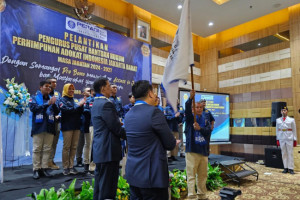
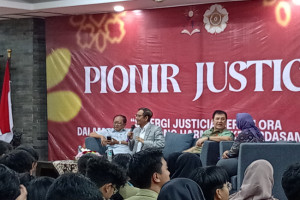
_thumb.jpg)

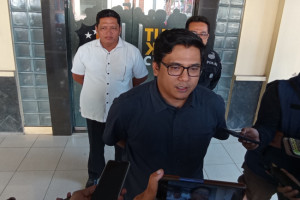
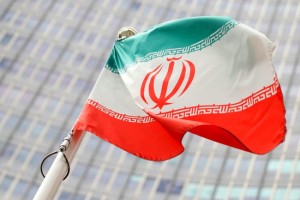
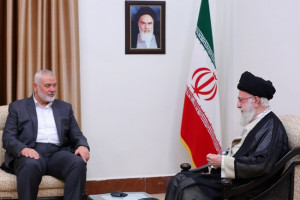
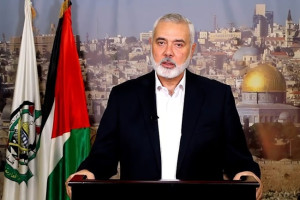
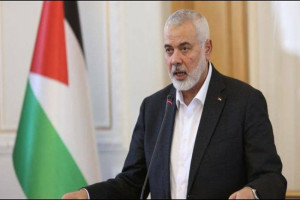

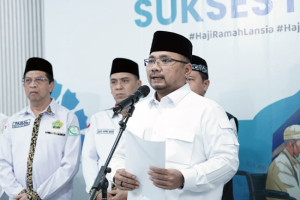
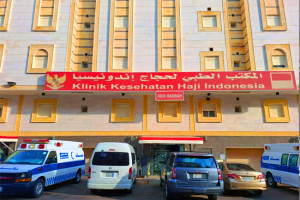
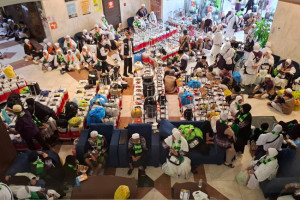
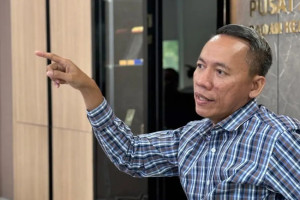
_(1)_11zon1_thumb.jpg)
